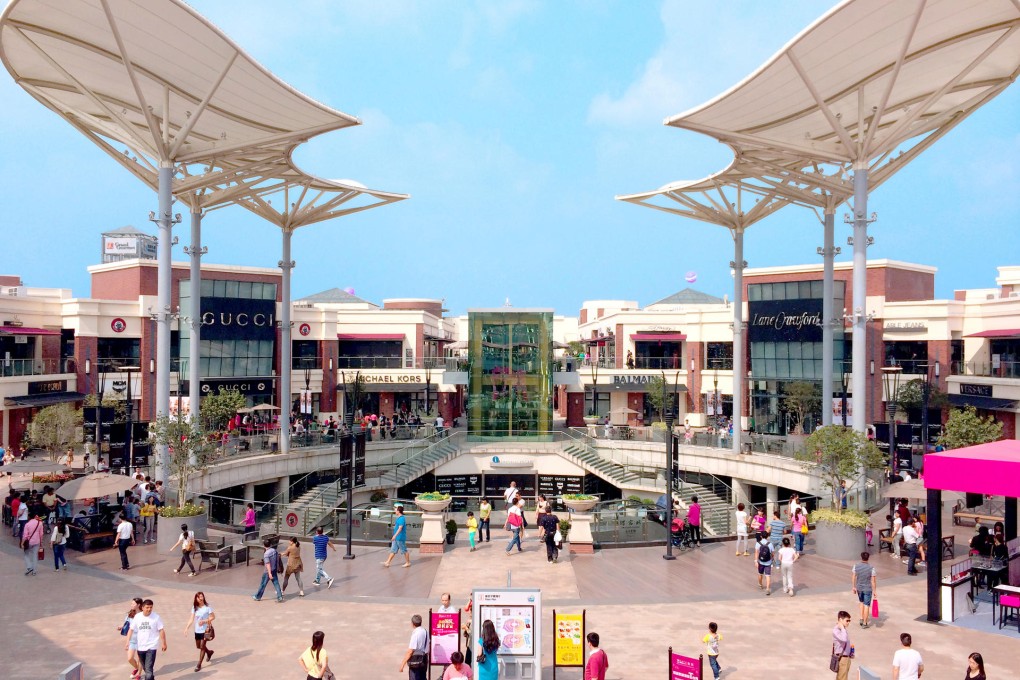Beijing Capital Land to spin off malls into shell company Juda International
Developer hopes to gain easier access to funding from the equity market and achieve better valuation through a red-chip shell firm


As a first step, the Beijing-headquartered developer has gained shareholders' approval to inject a mixed-use project, including an outlet shop, in Xian to Juda International Holdings, which it bought in 2013.
The decision came amid market concerns about the fate of many shell companies bought by mainland developers, including China Vanke and Dalian Wanda Group, in recent years.
It also gave more evidence of a quickening trend of specialisation and diversification among mainland developers as the growth in the country's housing demand is widely expected to have peaked.
As a red chip, Juda faces less regulatory hurdles in equity deals, while H-share Beijing Capital Land, incorporated in Beijing though listed in Hong Kong since 2003, needs to get approval from mainland regulators for any fundraising activities through the stock market.
"Beijing Capital Land faces some difficulties in raising funds through the equity market, although we have encountered no problem issuing bonds," said company head of investor relations Bryan Feng. "We cannot control when we can get the regulatory approvals. This is part of the reason [for the spin-off]."
On the other hand, he said: "Commercial property needs long-term investment. But domestic investors have long been investing in the residential sector and those specialising in commercial property are not mature yet. The value of our commercial business therefore is better recognised by overseas investors."